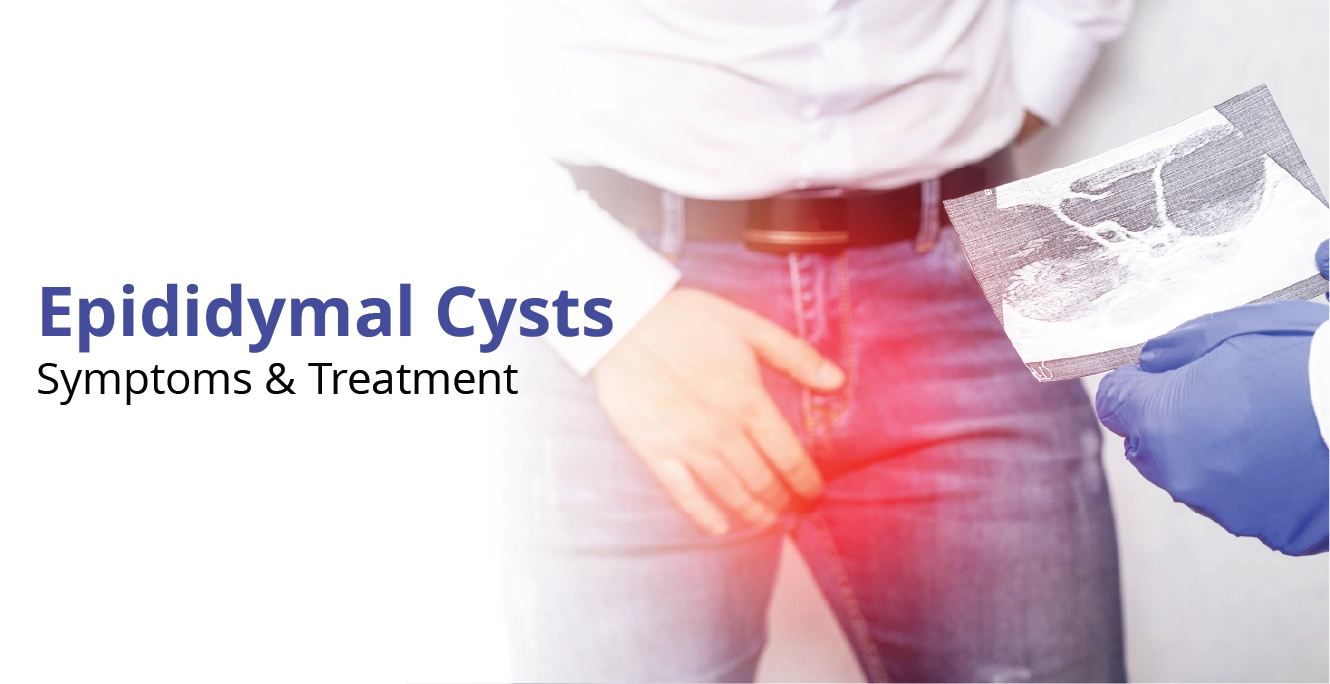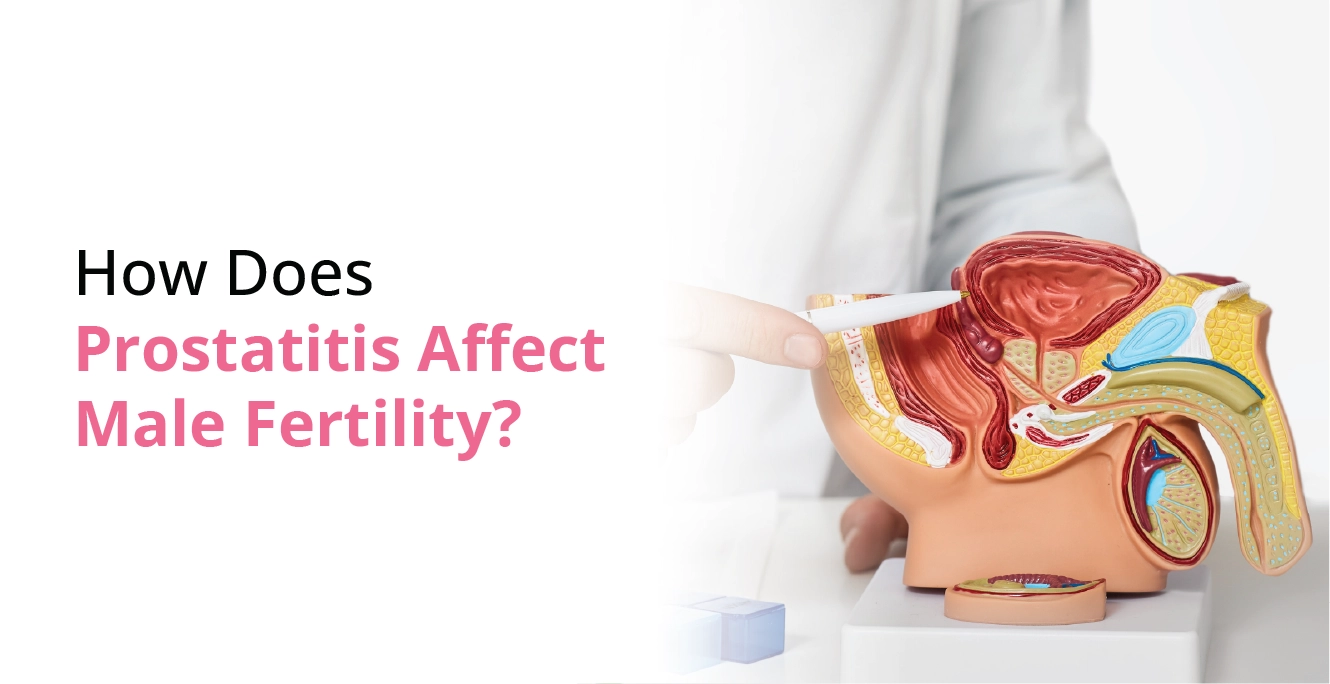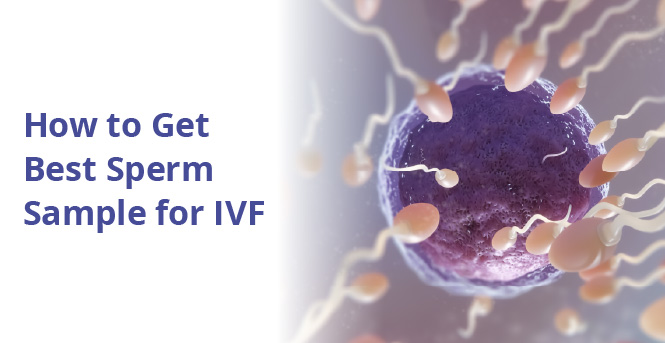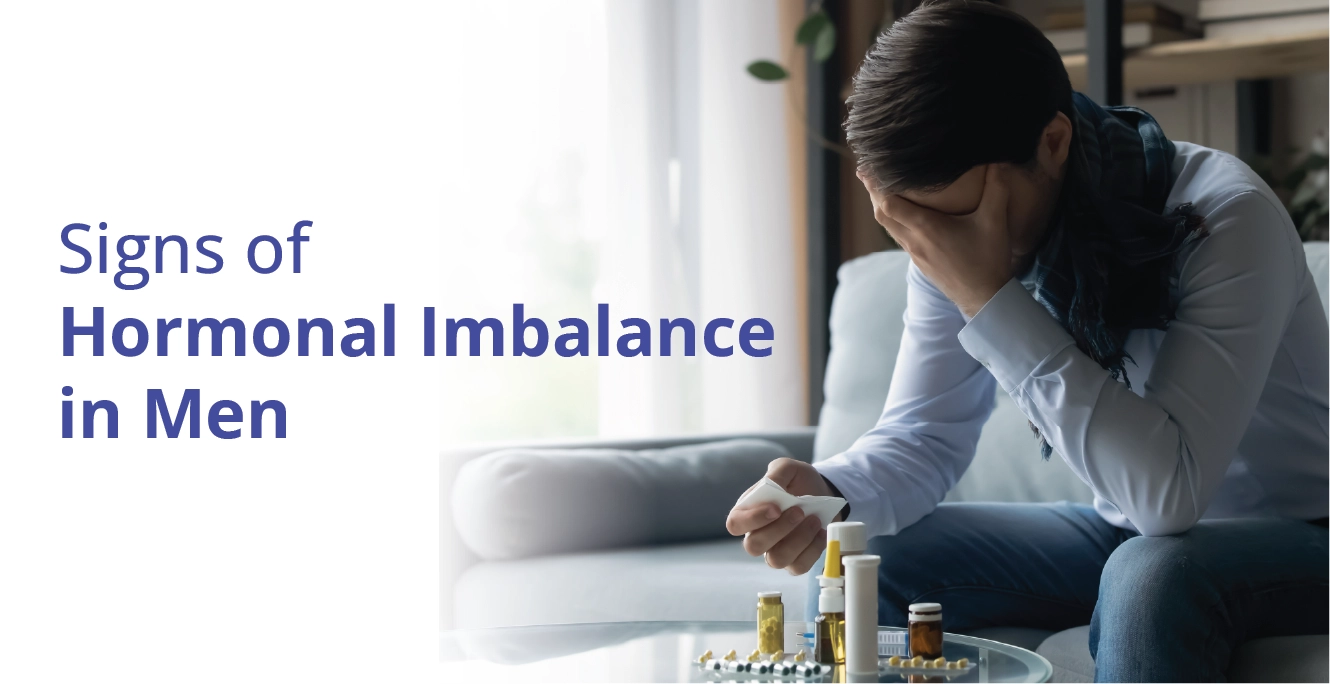
Andropause: Causes, Symptoms & Treatment

Table of Contents
We all know that women experience menopause. But, did you know that men can go through a similar phase called andropause, also known as “male menopause”?
Yes, it is a natural part of aging where testosterone levels decline gradually. It usually happens after they cross the age of 40. The effects can be seen on both physical health and emotional well-being. It can all be very confusing and even frustrating. But you are not alone! And there is help available.
First, let’s understand the proper meaning of andropause, what lifestyle changes can help, and what medical support is available.
What is Andropause?
The prevalence of the prevalent condition known as andropause rises with age. Age-related declines in testosterone levels are the cause. However, this circumstance is very different from women going through menopause. The onset of this is gradual.
Your testosterone levels will gradually drop beyond the age of thirty, by about 1% annually. This indicates that testosterone production in the testes does not entirely cease. However, between the ages of 45 and 50, there may be slight variations in the function of the testes due to diabetes and other variables listed below.
Symptoms of Male Menopause
Here are some of the common symptoms of andropause:
- Difficulty sleeping
- Loss of muscle mass
- Low bone mineral density
- Low energy
- Mood swings
- Poor memory and concentration
- Reduced sexual desire and sexual dysfunction
Causes of Male Menopause
The most primal cause of male menopause is the gradual decline in testosterone levels. However, there are some factors that contribute to this hormonal shift. Let’s check them out:
- Aging– The first and foremost factor is the natural age. With growing age, there is a decline in testosterone production by about 1% each year after men reach 30-40.
- Hormonal Imbalance: In case of changes in hormones like estrogen and cortisol, you can see a drop in testosterone as well.
- Chronic Stress: Men with a lifestyle that involves a lot of stressful situations have increased cortisol levels, which can suppress testosterone production and affect overall vitality.
- Obesity: Excess body weight can also increase the chances of early male menopause. It is especially true in the case of excess fat around the abdomen, which converts testosterone into estrogen, further lowering its levels.
- Poor Lifestyle Habits: Lack of sleep, sedentary behavior, smoking, alcohol consumption, and an unhealthy diet can all contribute to hormonal decline.
- Medications: There are some medications, including steroids and antidepressants, that impact the level of testosterone.
- Psychological Factors: Depression, anxiety, and emotional stress can worsen symptoms or mimic signs of andropause.
Changes in Testosterone Over the Years
Men’s testosterone levels normally decrease with age; this slow process might result in symptoms that are frequently linked to andropause. Knowing how testosterone varies over time helps to define andropause, which is a gradual hormonal change that impacts mood, energy, and general health rather than a sudden cessation like menopause.
This is a basic summary of how testosterone levels normally fluctuate with age:
| Age Range | Average Testosterone Level (ng/dL) | Changes and Effects |
| 20–30 years | 600–1000 | High vitality, libido, and muscular strength are the peak levels. |
| 30–40 years | 500–800 | A slight deterioration starts; mood and endurance vary subtly. |
| 40–50 years | 400–700 | Noticeable decline; early andropause symptoms could show up. |
| 50–60 years | 300–600 | Weariness, a slower rate of muscle recovery, and a decrease in libido. |
| 60+ years | 200–500 | Andropause symptoms intensify; a medical assessment is frequently required. |
Although each man’s experience is unique, this slow drop is quite normal. The impacts of andropause can be lessened, and general well-being can be supported by leading a healthy lifestyle, controlling stress, and getting timely medical care.
Diagnosing Male Menopause
There is a detailed assessment done to identify andropause. Both physical and emotional symptoms, along with a medical evaluation. Let’s check the steps involved in diagnosing male menopause:
- Medical History Review: The doctor will ask about changes in energy, mood, sexual health, and sleep patterns. Past medical conditions, medications, and lifestyle factors are also discussed.
- Symptom Assessment: Doctors ask about the common symptoms like fatigue, reduced libido, irritability, and weight gain. Once the pattern and duration of the symptoms are understood, they help differentiate andropause from other related issues.
- Physical Examination: After the medical history review and symptoms assessment, there comes the physical examination. Doctors check for loss of muscle mass, an increase in body fat, hair changes, and other visible signs of hormonal decline.
- Blood Tests: Next blood tests are recommended to measure testosterone levels. It is usually done in the morning when they are at their peak. Additional tests can be recommended as per an individual’s medical history. These are done to check blood sugar, cholesterol, thyroid function, and cortisol levels.
- Hormonal Evaluation: Total and free testosterone levels are analyzed for a more accurate understanding of hormonal status.
- Mental Health Screening: This is done to help identify depression, stress, or anxiety, which may mimic or worsen andropause symptoms.
Based on a combination of symptoms, blood test results, and overall health evaluation. The doctor then recommends appropriate treatment options to restore hormonal balance and improve quality of life.
Treating Male Menopause
Now that we have understood how male menopause, or andropause, is diagnosed, let’s move to treatment options to manage the symptoms, restore hormonal balance, and improve overall health and quality of life.
- Lifestyle Modifications: The easiest yet beneficial option is to include regular exercise in your daily routine, especially cardio and strength training. These help boost natural testosterone levels. Next, is to have a healthy and balanced diet. There should be portions of protein, healthy fats, and micronutrients in your diet to support hormone production.
- Stress Management: Chronic stress raises cortisol levels, which suppress testosterone. You can try practicing yoga, meditation, or deep breathing to help maintain hormonal balance.
- Get Adequate Sleep: 7–8 hours of quality sleep per night is crucial for testosterone production and recovery.
- Avoiding Smoking and Excessive Alcohol: One must not indulge in excessive alcohol intake and quit smoking to improve hormone levels and overall vitality.
- Hormone Replacement Therapy (HRT): In cases of significantly low testosterone, doctors may recommend Testosterone Replacement Therapy (TRT). TRT can be administered through injections, gels, patches, or pellets under medical supervision. Regular monitoring is essential to prevent side effects and ensure safe treatment.
- Treating Underlying Conditions: Managing diabetes, thyroid issues, or obesity can help restore hormonal balance naturally.
- Psychological support: Counseling or therapy can help address mood swings, anxiety, or depression, often linked with andropause.
The Bottom Line
How men handle this normal time of life can be greatly impacted by their knowledge of andropause and their ability to identify its symptoms early. A balanced lifestyle and prompt care can help control the hormonal changes, even if they may cause mental and physical difficulties. Expert physicians at Birla Fertility & IVF provide men individualised counselling, cutting-edge hormone tests, and comprehensive treatment programs to help them regain their equilibrium, vitality, and self-assurance throughout andropause.
Our Fertility Specialists
Related Blogs
To know more
Birla Fertility & IVF aims at transforming the future of fertility globally, through outstanding clinical outcomes, research, innovation and compassionate care.
Had an IVF Failure?
Talk to our fertility experts

 Our Centers
Our Centers


















